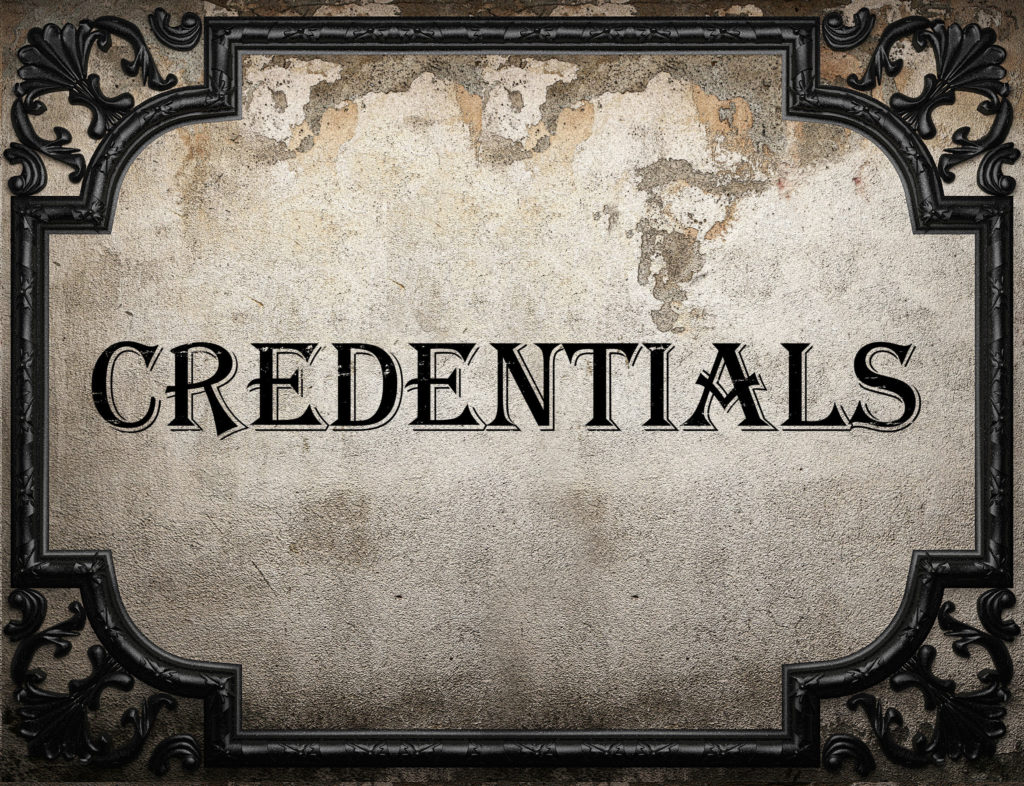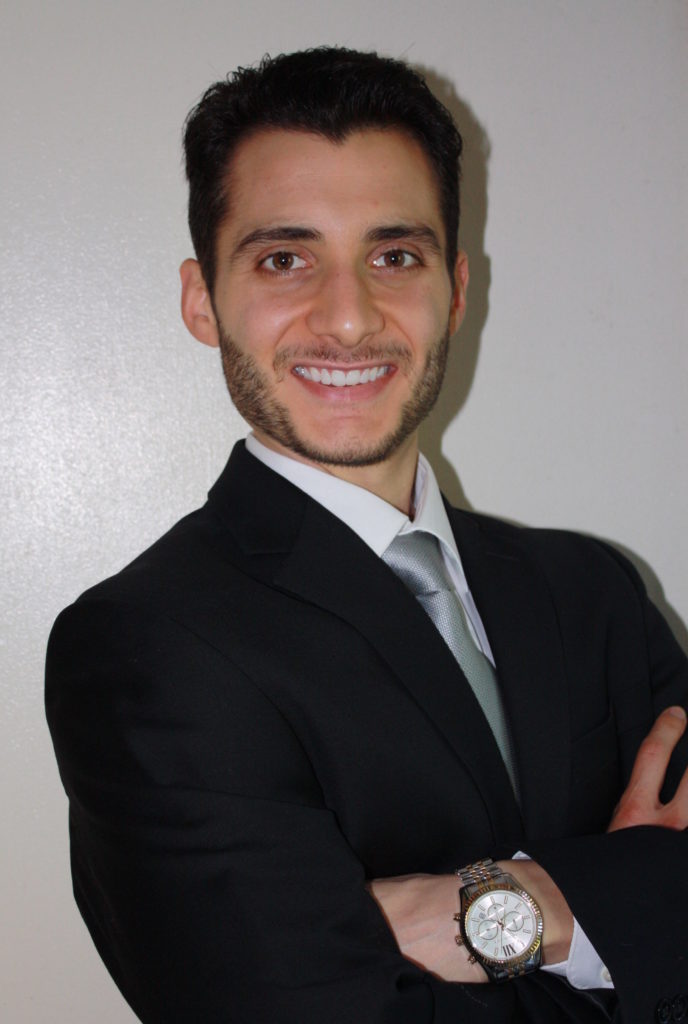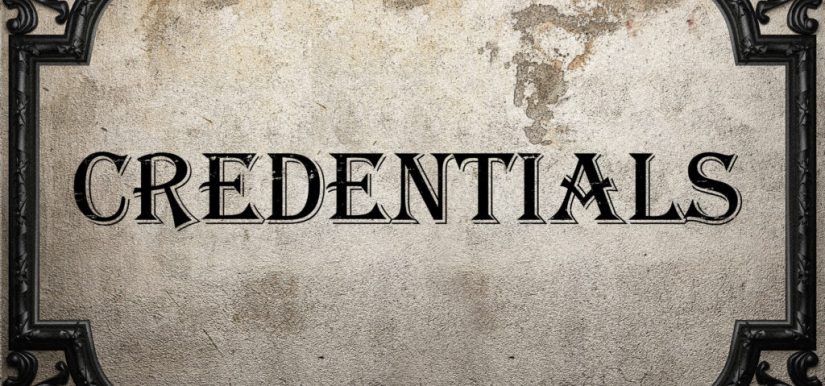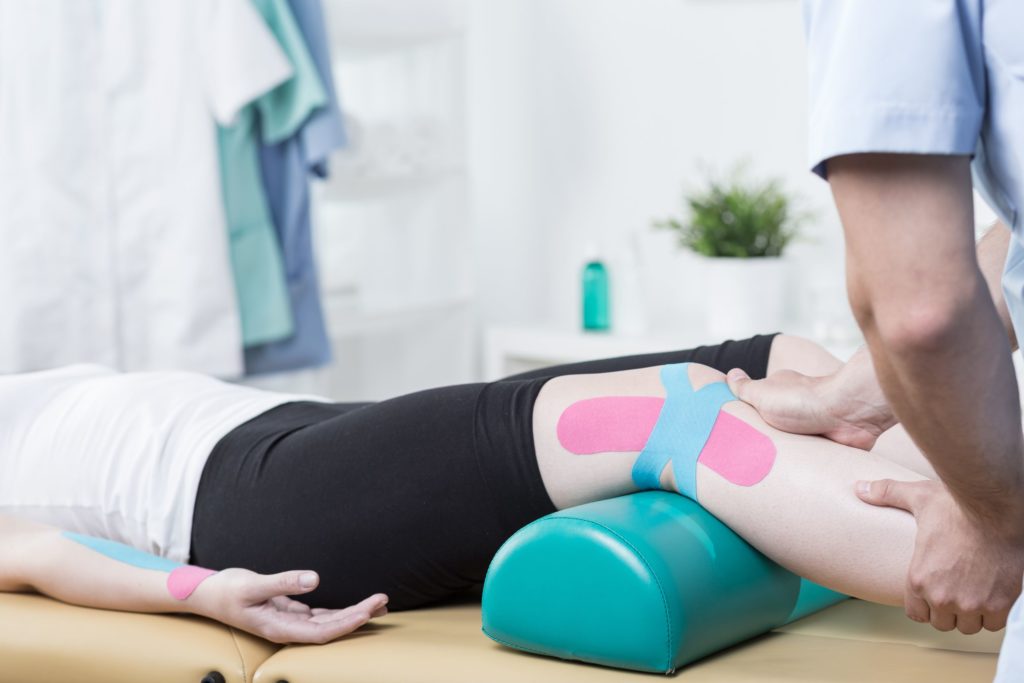People should be proud of their credentials. I am of mine: Tony Gentilcore, CSCS, FMS, OPP (down with it). You earn what you earn. No one can take them from you. However, what do they really mean? Do they mean you know more than someone else or carry more expertise? Do they allow you to jump the line at Disney World?
In today’s guest post by NJ based physical therapist, Dr. Nick Licameli, he breaks things down and explains his interpretation of what having credentials next to your name means.
Enjoy!

Credentials are important. There is no denying the fact that having professional credentials increases the likelihood of expertise and professionalism, however it is a mistake to put too much emphasis on the letters surrounding a name rather than the heart and mind of the one possessing the name.
I am a doctor of physical therapy and a professional natural bodybuilder. What does this mean?
Being a Doctor of Physical Therapy:1
This simply means that I have completed the necessary undergraduate, graduate, and clinical course work from an accredited physical therapy program and passed my licensing exam. This says nothing about how well I did in school or if I ever failed a class or had to retake something.
Copyright: bialasiewicz / 123RF Stock Photo
Remember, there are doctors out there that got B’s and C’s in school.
As the saying goes, “C’s get degrees!” That being said, I feel compelled to mention that I graduated Summa Cum Laude with a bachelor’s degree in biology and graduated in the top ten of my class in physical therapy school.
Does having the title of “Doctor” make me better than anyone else? OF COURSE NOT! There are many older and more seasoned physical therapists out there without doctorates that are light years ahead of me in terms of knowledge and skill set. It’s not about what you graduate with or a title before or after your name. It’s about what you do with that title.
Formal education does not make an expert, it teaches how to become one. Real learning does not happen during school or during a credentialing course. It happens after school hours. It happens when no one is watching. It happens when you sacrifice your own free time to pursue a burning passion within yourself.
Much like bodybuilding, no one sees the daily grind of work that it takes to create the finished product.
The majority of my knowledge of exercise, nutrition, and bodybuilding has been obtained through hours spent furthering my education outside of the classroom, learning from experts and relating the information back to the content I was learning in physical therapy school.
This blending of the two worlds made my job and my passions one in the same. It is important to learn from experts, but it is more important to take that information and apply it to your own deep burning passions.
As the eastern philosophy says:
“We seek not to imitate the masters, rather we seek what they sought (Covey, 1989, p.281).”
I’ve made my degree my own.
There are many doctors of physical therapy that don’t know the things that I know because I pursued my passions on my own.
Here’s a good example of what I mean.
Maybe a physical therapist is passionate about animals. In his free time, he obtains knowledge about therapy dogs.
He dives into the research on therapy dogs until he’s blue in the face. He seeks out experts in the use of therapy dogs and learns from them. This person would be a physical therapist with expert knowledge on the use of therapy dogs. Because he didn’t learn that information from school, he has something unique that other physical therapists do not.
Certainly not all doctors of physical therapy are experts on the use of therapy dogs, but it’s where his passion lies so he has molded the two worlds together. He has made his degree his own.
Being a Professional Natural Bodybuilder:
This simply means that I was the best, according to the judges, at a particular competition. While turning pro has been a goal of mine for years, it’s important to remember what it means and what it doesn’t mean.

It does not mean that I am in some way better than competitors without a pro card. There are many, many competitors out there who would blow me away, but have not been able to turn pro yet. I could have brought the same physique to five different shows and received five different placements.
The placing in a competition has to do with who shows up to the competition on that particular day. If aces show up, you may get 5th place with a killer physique. If beginners show up, you may take first with an average or below average physique. Just like how having a doctoral degree or extensive credentials doesn’t always equal a quality practitioner, having a pro card doesn’t always equal a quality physique.
To my fellow competitors from that night, I say keep working hard. Keep at it and don’t get discouraged. I know the feeling. Don’t let your placing in a competition define your self worth. I am honored to have shared the stage with such a great group of guys.
Conclusion
Judging someone’s worth based on credentials is like judging a quarterback based on number of Super Bowls won.
It’s an inaccurate measure of talent, ability, experience, and expertise. The point here is that the doctorate, the pro card, or any other credentials are not what make me special.
Don’t get me wrong, I am proud of my accomplishments in both academia and bodybuilding, but I understand that they do not make me better than anyone else. Where I excel is having a strong passion for science, education, training, nutrition, and helping others.
No title or degree can create that. Yes, I use my titles in my signature, but it is not meant to gain undeserved trust, respect, or prestige from others. They’re simply my titles.
Again, there are physical therapists, trainers, coaches, and bodybuilders out there with barely any credentials or letters surrounding their names who know much more than I do. I can only hope to seek out those individuals and soak up as much knowledge as possible from them to better myself.
Always seek first to understand, then to be understood. Be humble, be open, and never stop learning. My goal is to earn respect because of my actions, heart, and knowledge, not my titles or degree.
About the Author
 Nick Licameli is a doctor of physical therapy and professional natural bodybuilder. He graduated summa cum laude from Ramapo College of New Jersey with his bachelor’s degree in biology, then furthered his education by completing his doctoral degree in physical therapy from Rutgers School of Biomedical and Health Sciences (previously the University of Medicine and Dentistry of New Jersey) at the age of 24.
Nick Licameli is a doctor of physical therapy and professional natural bodybuilder. He graduated summa cum laude from Ramapo College of New Jersey with his bachelor’s degree in biology, then furthered his education by completing his doctoral degree in physical therapy from Rutgers School of Biomedical and Health Sciences (previously the University of Medicine and Dentistry of New Jersey) at the age of 24.
His knowledge of sport and exercise biomechanics, movement quality, and the practical application of research combined with personal experience in bodybuilding and nutrition allows him to help people in truly unique ways. He views bodybuilding through the eyes of a physical therapist and physical therapy through the eyes of a bodybuilder. His passion lies between his love for the journey of bodybuilding, education, and helping other.
Youtube: https://www.youtube.com/channe





